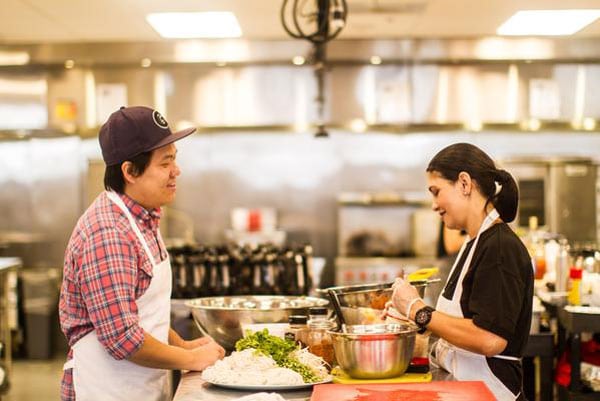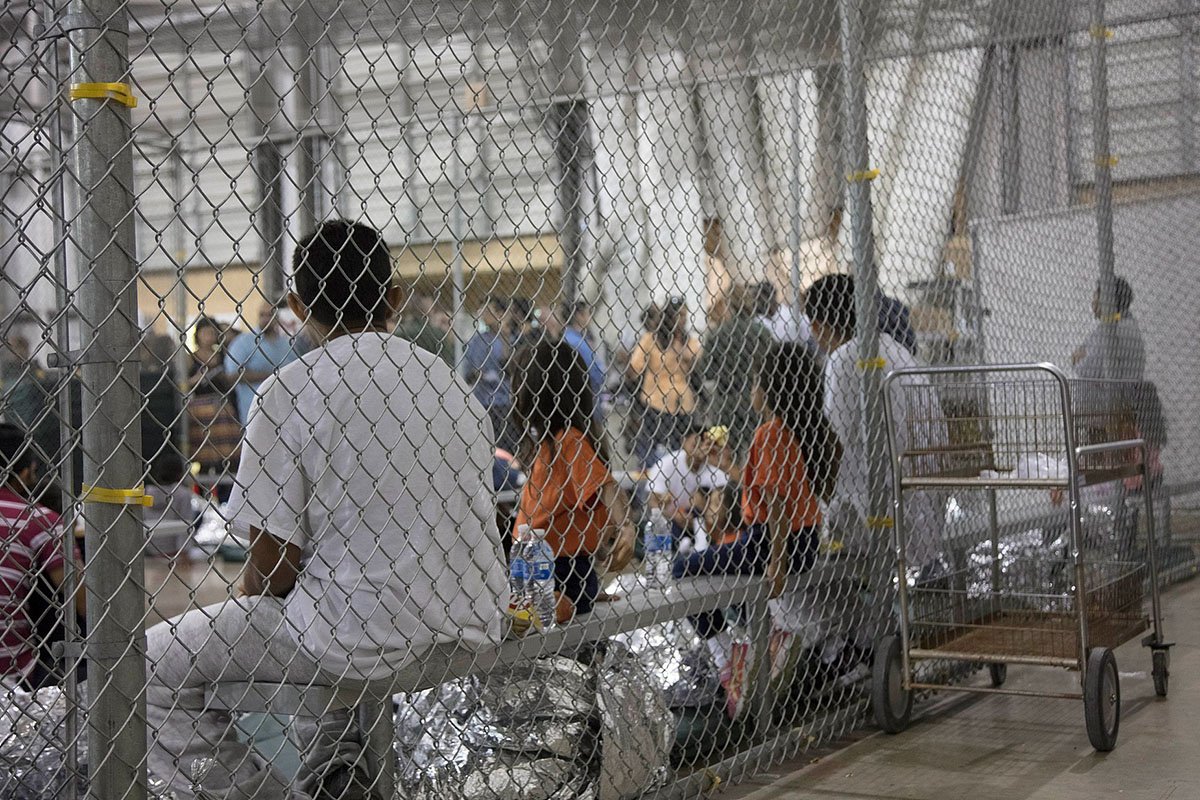
June 8, 2018; Next City
The anti-immigrant and refugee narrative on the rise in the United States in recent years ignores and overlooks the contributions made by these groups for centuries to American society. Refugees have been displaced and forced from their homes; they cannot return to their countries of origin because of natural disasters, wars and armed conflict, political or religious persecution, and a range of other reasons. Often, the resettlement process is long and challenging, and after placement, the clock begins for refugees to become self-sufficient and contributing members of society. This means overcoming language and cultural barriers, learning new economic systems and business practices, and an array of other obstacles that increase the complexity of successfully integrating.
An increasing number of programs and initiatives supporting refugee resettlement efforts are emphasizing microenterprise and business development efforts as a path to independence, in addition to English language classes, housing support, and case management. A large portion of these new refugee businesses are food-based, letting them preserve their cultures while making a living.
Food incubators give these refugee business startups strategic support by providing training, technical assistance, business development, financing, and market access. According to a 2016 report from PolicyLink and the Margarite Case Foundation, entitled “An Equitable Food System: Good for Families, Communities, and the Economy,” the food industry represents $1.8 trillion, accounting for 13 percent of the economy and employing one in six workers—about 20 million—at farms, food processing facilities, warehouses, grocery stores, and restaurants. Given its scope, and the market for unique food experiences, food-based businesses are a natural fit for refugees.
In cities throughout the country, nonprofits and for-profit ventures are exploring this approach. In Washington, D.C., for example, a startup business called Foodhini provides delivery services of fresh meals prepared by immigrant and refugee chefs, featuring food from Eritrea, Iran, the Philippines, Laos, Syria, and Tibet. In New Haven, Connecticut, the nonprofit CitySeed takes a different approach through its Sanctuary Kitchen program, which hosts refugee-led cooking demonstrations, hands-on cooking classes, supper club meals, and other culinary events and opportunities, all of which provide income opportunities for refugee chefs.
Sign up for our free newsletters
Subscribe to NPQ's newsletters to have our top stories delivered directly to your inbox.
By signing up, you agree to our privacy policy and terms of use, and to receive messages from NPQ and our partners.
In Salt Lake City, this trend can be seen through the work of a local nonprofit called Spice Kitchen Incubator, a project of the International Rescue Committee. By providing access to commercial kitchen spaces, among other services, Spice Kitchen Incubator offers refugees the opportunity to explore the American values of entrepreneurship and business as they share their cultures through food.
Many city and county governments are taking note of the success of these types of programs. The National League of Cities’ Center for City Solutions and Applied Research recently released a Municipal Action Guide on Food-Based Business Incubator Programs, which provides an overview of the types of incubator programs, the actions that municipal governments can take to support these efforts, and why these types of programs help build strong, resilient local food systems by using an equity lens. The publication also cites several examples of incubators, including farm incubators like Maine’s New American Sustainable Agriculture Project. (As many established farmers approach retirement age, more small farmers are needed, which has drawn attention to the growth of farm incubators. One great resource on farm incubators, including tips for refugee populations, is a toolkit developed by the National Incubator Farm Training Initiative. The toolkit is called “The Farm Incubator Toolkit: A Guide Growing the Next Generation of Farmers” and has suggestions for planning, developing, and managing a farm incubator.)
A big part of the interest in incubators from nonprofits and government entities is the growth and success of incubators nationally. According to a 2016 report, between August 2013 and March 2016, the number of kitchen incubators in America increased by more than 50 percent to over 200 facilities. “Of the 61 facilities surveyed,” the report says, “82 percent said revenue increased over the past three years, and 84 percent were breaking even or making money.” The report builds on a prior study that looked at a variety of kitchen incubator models to support culinary businesses.
The growth and effectiveness of incubators has garnered the support of various funders too. For example, the Community Economic Development grant from the Administration for Children and Families has supported multiple community development corporations that are implementing the incubator model to grow “agripreneurs” across the country. The grant program has a specific focus on food projects and has several resources dedicated to measuring the impact of food-related community and economic development projects.
Overall, this movement toward building the efficacy of refugees by leveraging their assets and skills in food preparation and cultivation is growing. Since many refugees must transition into American life quickly, in part because of limitations on the length of Refugee Cash Assistance and other support programs, food incubators are a promising and unique approach that nonprofits that serve refugee and immigrant populations should consider exploring with their partners.—Derrick Rhayn











